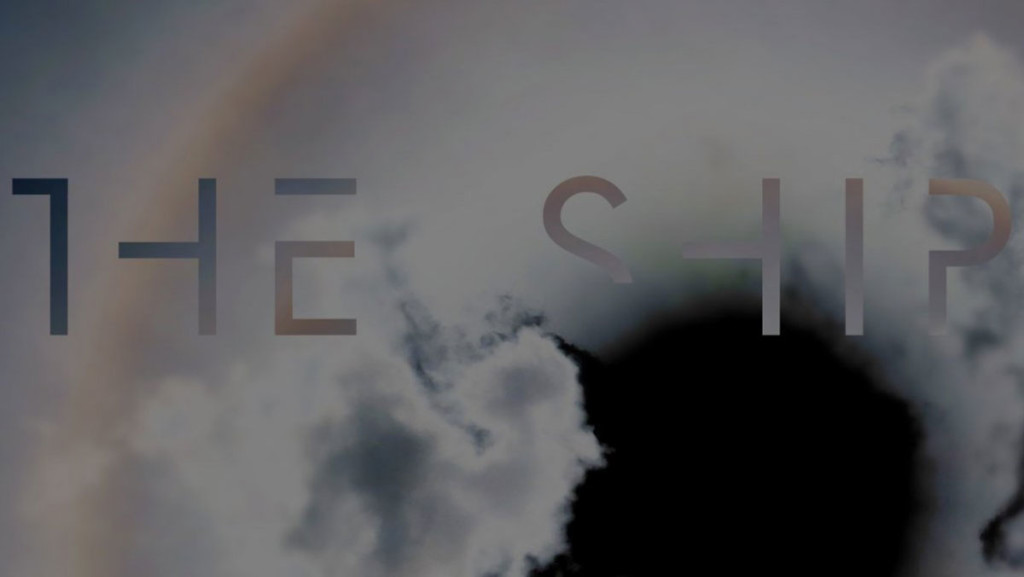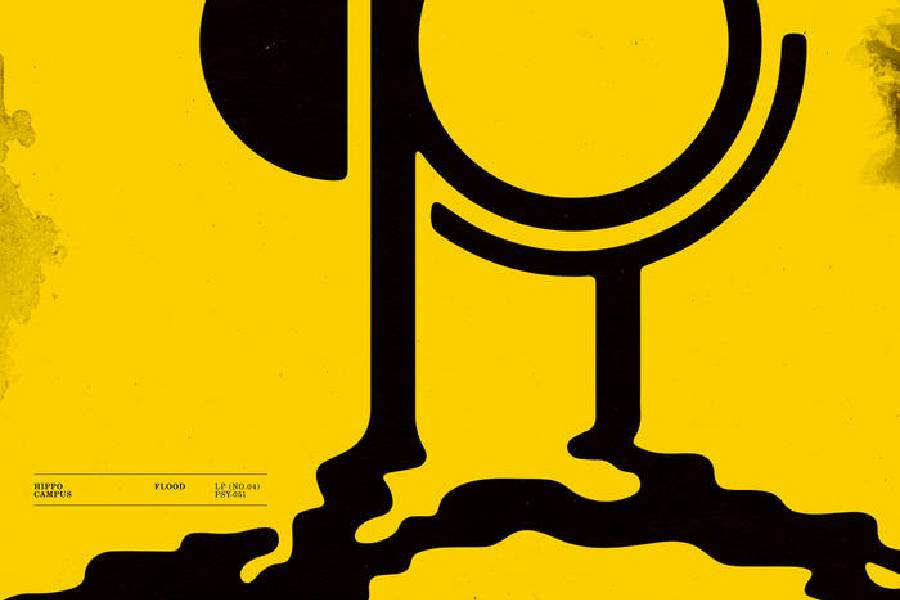“The Ship,” the latest effort from British musician and composer, Brian Eno, begins slowly on a bed of strings, radio feedback and disembodied voices. Eerie and somber, the album’s titular track, a 20-minute sonic collage, offers listeners a bizarre welcome to the album, establishing its surreal and experimental nature from the outset.
“The Ship” is an engrossing and challenging release from Eno, who has rendered, in just over 47 minutes, what sounds like an audio dream sequence. Richly nuanced, “The Ship” is as quiet as it is grand and cinematic and as fulfilling as it is odd.
In many ways, “The Ship” — Eno’s first solo studio release since 2012’s “Lux” — is an enthusiastically subversive album. His compositions are fluid and amorphous, never pleading allegiance to any specific instrumentation or rhythm. Just as an organ may cut through the ambience, so too may a scream of white noise, or a distant wind chime, or the artist’s booming baritone, delivered with a theatrical gravity.
The sheer quantity of distinct sounds present here is immense, and the textural aspects of the album excel accordingly. “The Ship” is a sensory playground that urges listeners to explore each piece of instrumentation — an effort that proves extremely engaging for listeners.
With such a quantity of sounds, Eno’s greatest feat is creating a sense of cohesion between the tracks. Broken into four parts, “The Ship” is superbly conceived. Following the album’s title track, Eno offers listeners “Fickle Sun,” a three-part ambient-rock suite. In execution, these pieces couldn’t be more different. “Fickle Sun (i)” immerses listeners in a hazy, whirling soundscape of chimes, leading into “Fickle Sun (ii) The Hour is Thin,” a beautifully-narrated monologue, and concluding with “Fickle Sun (iii) I’m Set Free,” a dreamy, vocals-driven cover of the Velvet Underground track “I’m Set Free.”
Yet, all of these songs offer something similar — a profound sadness. There’s a looming sense of darkness throughout “The Ship,” one that unites all of the tracks, despite their differences. In an album so passionately abstract, this is the structure needed to make it feel like a complete work and not just a collection of aural experiments.
More than it is an album, “The Ship” is the execution of a concept. Eno’s newest work is one that prides itself in experimentation and revels in shedding the conventions of composition for something more potent and certainly more interesting. It is by no means a simple listen — in fact, it demands the listener’s full attention. And for those willing to give that focus, “The Ship” will deliver spectacularly.





















